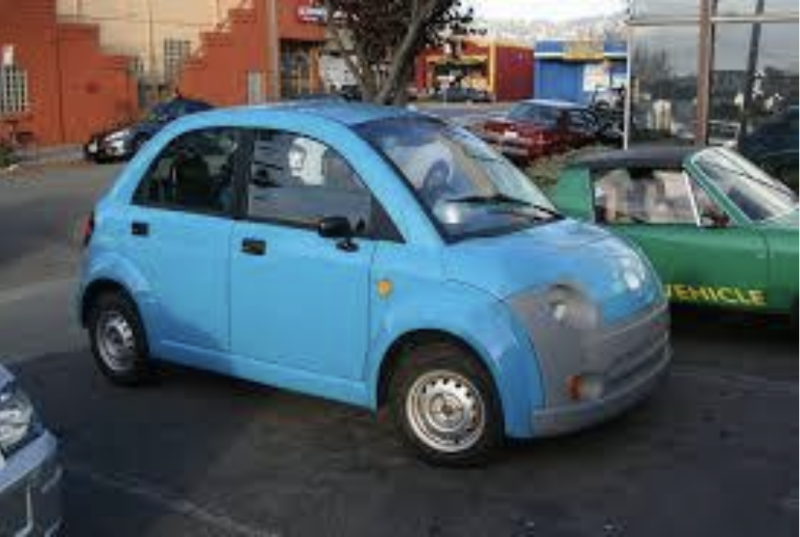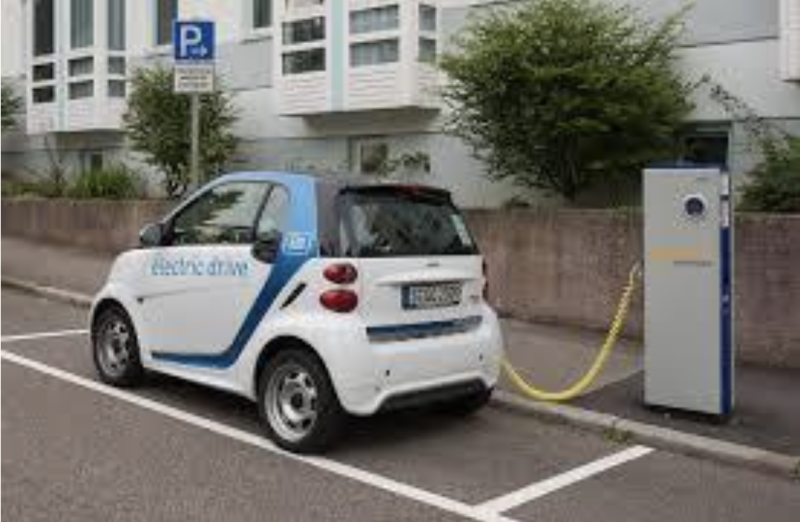Are Electric Vehicles the Future of Pakistan's Automotive Sector?

Electric vehicles (EVs) are rapidly gaining traction worldwide as a sustainable alternative to traditional fossil-fuel-powered cars. In Pakistan, the journey toward embracing EVs is unfolding with its unique set of opportunities and challenges. As the global shift toward greener transportation gains momentum, Pakistan stands at the cusp of an automotive revolution that promises to reshape its transportation landscape.

Growing Awareness and Government Support
The Pakistani government has recognized the potential of EVs in reducing carbon emissions and curbing air pollution. To encourage the adoption of electric vehicles, the government has introduced various incentives. These include tax exemptions on imported EVs, reduced customs duties, and the promotion of local manufacturing. Such initiatives aim to make EVs more affordable and accessible to the general public.
In 2019, Pakistan unveiled its first-ever Electric Vehicle Policy, targeting 30% of new vehicle sales to be electric by 2030. This ambitious policy underscores the country's commitment to transitioning to cleaner energy and fostering a sustainable future.
Infrastructure Development
One of the critical factors determining the success of EV adoption is the availability of charging infrastructure. In Pakistan, efforts are underway to develop a robust network of charging stations. The establishment of these stations in urban areas, along highways, and at key public locations is essential to alleviate range anxiety and ensure convenient recharging options for EV owners.
Private companies, in collaboration with the government, are investing in charging infrastructure projects. This collaborative effort is expected to lay a strong foundation for the widespread use of electric vehicles across the country.

Economic and Environmental Benefits
The shift to electric vehicles offers significant economic and environmental benefits for Pakistan. Firstly, EVs have lower operational costs compared to traditional internal combustion engine vehicles. With fewer moving parts and reduced maintenance requirements, EV owners can enjoy long-term savings.
Moreover, the environmental impact of widespread EV adoption is substantial. By reducing reliance on fossil fuels, Pakistan can decrease its greenhouse gas emissions and combat air pollution in major cities. Cleaner air quality can lead to improved public health and a better quality of life for citizens.
Challenges and Roadblocks
Despite the promising outlook, the adoption of EVs in Pakistan faces several challenges. The initial cost of electric vehicles remains relatively high, which can deter potential buyers. Additionally, the lack of a widespread charging network and limited public awareness about the benefits of EVs pose significant hurdles.
Furthermore, the automotive industry in Pakistan is still predominantly centered around traditional fuel-powered vehicles. The transition to EVs requires a paradigm shift in manufacturing practices, supply chain management, and consumer mindset. Overcoming these challenges necessitates concerted efforts from the government, private sector, and civil society.
Looking Ahead
The future of electric vehicles in Pakistan is bright, with immense potential to transform the transportation sector. The government's proactive policies, coupled with investments in infrastructure and technological advancements, are setting the stage for a greener and more sustainable future.
As awareness grows and technology becomes more affordable, it is anticipated that more Pakistanis will embrace electric vehicles. This shift not only promises economic benefits but also aligns with global efforts to combat climate change and create a cleaner, healthier environment for future generations.
In conclusion, while there are challenges to overcome, the future of electric vehicles in Pakistan holds great promise. With continued support from all stakeholders, the country is well on its way to an electric and environmentally friendly future.
